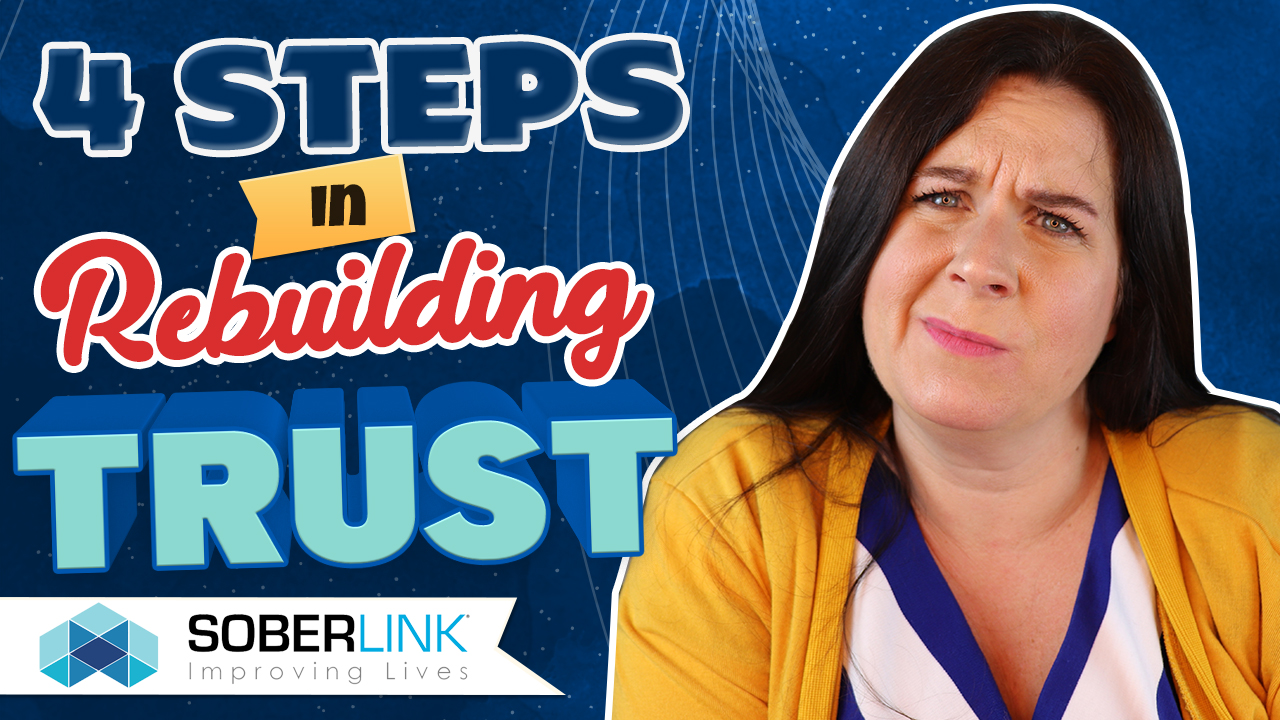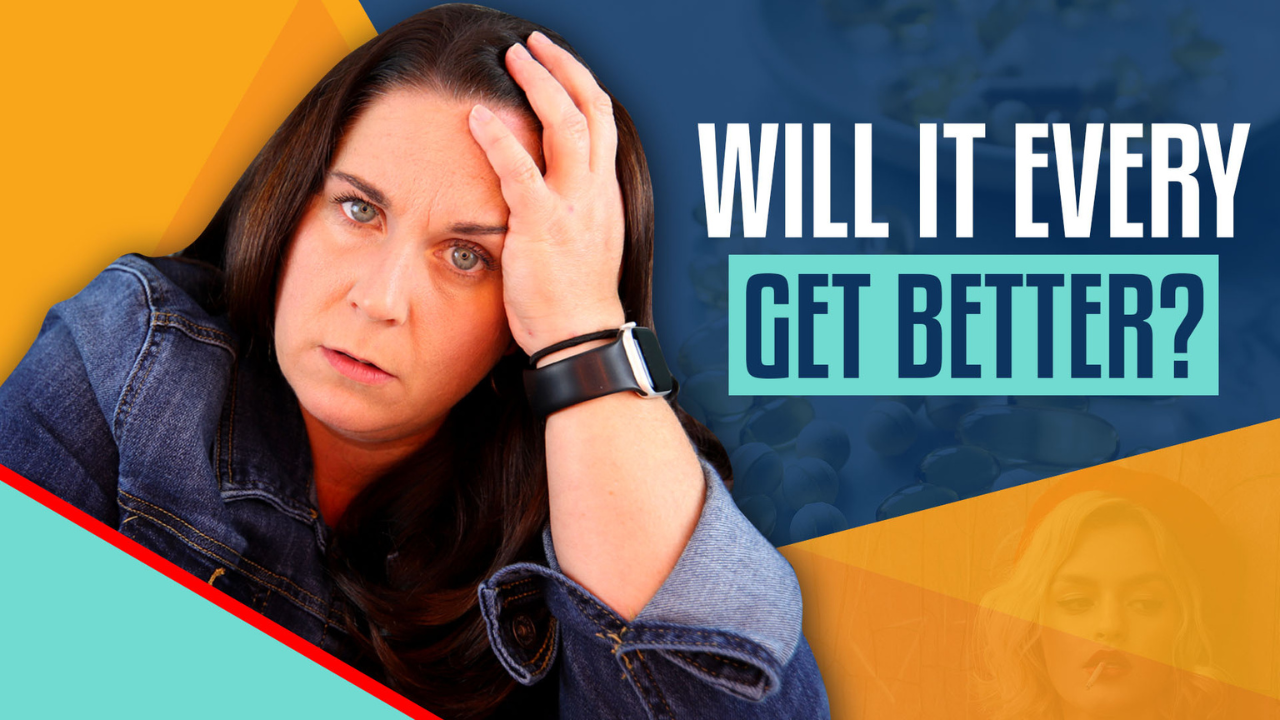If You Want To Understand Addictive Behavior, Watch This Video!
Recently, one of our viewers asked the following question:
"Why does it seem that people with addictions (drug, alcohol, or any addiction) aren't able to self-soothe?
The truth is there are several reasons for this.
Reason #1
The first reason people with addictions have trouble self-soothing or coping with things is that they're on an emotional roller coaster.
They're alternating between feeling great and feeling terrible.
They're constantly on this treadmill.
A lot of the time, the person is in an actual withdrawal state. If you haven't experienced this before, I want you to take a minute and think about the last time you felt sick. At that moment, while you're lying in bed, you want the misery to end. Think about how well you coped with things when your kids needed something when your boss or work was calling you, asking you for something, think about how you felt inside your head.
I bet your emotional response wasn't as great as it usually would be because when we're in distress, our coping naturally goes down. After all, our emotional resources are going toward trying to keep it together. If you throw any little thing on top of that, it feels completely overwhelming, and it will put you over the edge.
If you've never had an addiction, you should be able to relate to how difficult it is to cope with life itself when you're sick or distressed.
Reason #2
Another reason people struggling with an addiction have such a hard time coping is that they've been using the addiction or the substance to deal with everything.
It becomes your only coping skill, like all your eggs are in one basket.
After a while, when something negative happens, you engage in the addictive behavior to fix it. When something unique happens, you engage in the behavior to celebrate.
I like to say coping is like a muscle, don't use it, you lose it. You stop practicing your other coping skills and rely solely on the addictive behavior or substance to help you manage and regulate emotions.
Reason #3
Another reason people with addictions struggle to handle everyday stressors is they have a lot more stressors than most people. Your whole life revolves around that addictive behavior. The longer it goes on, the more your regular life starts to fall through the cracks, your relationships fall apart, your work life is iffy, and schoolwork is lacking.
You get dug into this hole that gets bigger and bigger and bigger by the day. When you're overwhelmed by all these stressors, you don't have the coping skills to deal with them, and you probably feel sick most of the time.
Reason #4
Another reason people with substance use disorders don't have a lot of resiliency or the ability to overcome challenges is they dislike themselves. They have a strong sense of shame, guilt, and poor self-esteem. A lot of times, even if they're arrogant, or act like they got it all together, deep inside, they have all these secrets.
Coping Mechanisms
That low sense of self also contributes to the difficulty of coping with situations.
The good news is that the ability to cope with situations and the ability to build resiliency comes back fairly quickly once you start addressing the addiction.
What to expect in early recovery
The first few weeks are going to be kind of a mess. The brain chemicals are stabilizing, and everything's going to be difficult. I usually ask family and friends to give them a little extra grace period and not throw too much on while trying to get back on their feet.
Once you get through that period, things start to get a little better and a little better, and you start feeling better about yourself, which helps you build that resiliency. Then, you'll be able to start using those coping skills again and learn how to deal with those difficulties.
You'll start digging out of that hole of problems you've built and step by step, digging out of the hole of addiction.
Getting Back On Track After Addiction
In the end, when you beat addiction, you will have MORE resiliency than most people. You will have MORE ability to cope because you've built those strong muscles.
Right now it feels hard, and if you're not sober, but you're thinking about getting sober, it might even feel impossible, but I promise you, it's not. People do this every. single. day. You can do it too.
Start dealing with the little things as they happen. I have a nightly recovery checklist that's a PDF. It gives you a list of questions to ask yourself every day that will help identify things that could be happening in your life that you need to deal with now while they're easy.
If you deal with it one at a time, life will be much easier.
Amber Hollingsworth
Watch this video next! It's about how to start improving those relationships, which is another big piece to feeling better about yourself. Having more mastery over your emotions and environment, and keeping you on the road to recovery.

